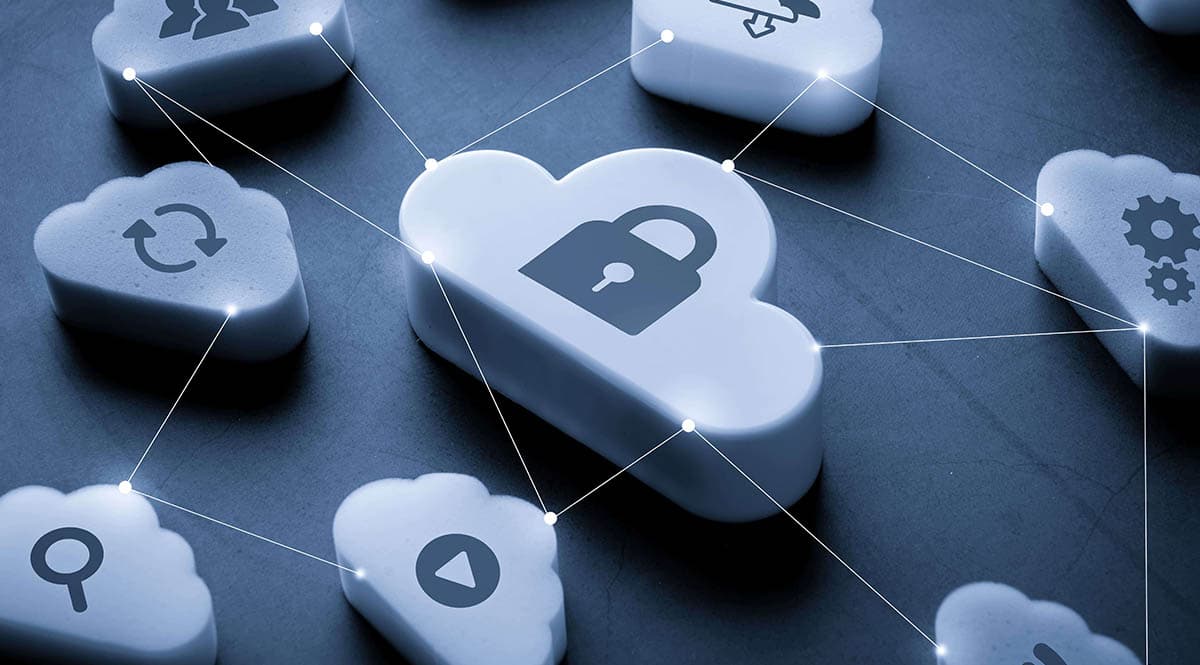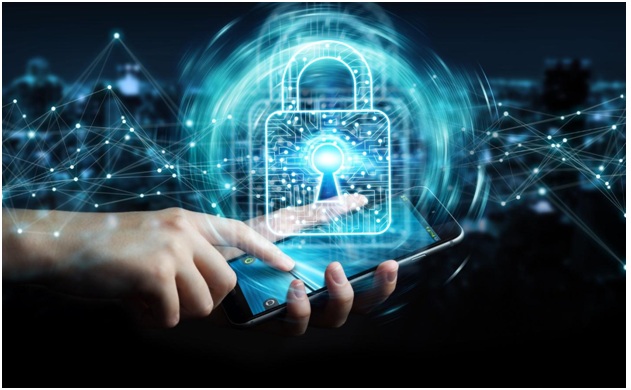Security guards’ roles in ensuring access control
Security Guard Companies serve in safeguarding facilities ranging from busy warehouses to sprawling factories. They play a variety of roles that are crucial to maintaining access control.
Vigilant Monitoring
The security services are centered around the monitoring of exits and entrances. The security guards scrutinize badges or other identifications of those seeking entry. The initial checkpoint is the first line of defense against unauthorized entry. They carefully verify the authenticity and respond quickly to any discrepancies.

Patrolling & Surveillance
Security guards patrol regularly in addition to their fixed positions. This creates a dynamic, ever-present presence of security. These patrols have several important functions. They serve as a visual warning, deterring potential intruders. They allow guards to cover a larger area, making sure that all areas of an establishment receive adequate attention. Thirdly, they allow guards to monitor in real-time, and respond quickly to anomalies or breaches of security.
Guards can extend their reach by using the latest surveillance technology. They can enhance their abilities with high-definition cameras, motion sensors, and sophisticated access controls. The integration of technology improves their monitoring efficiency and precision. Security guards can create a strong defense against unauthorized entry by combining their intuition with advanced surveillance technology.
Reacting to Incidents
Guards use their understanding of the layout of the building to assess the situation in the event of an incident. Guards communicate relevant information to appropriate parties such as law enforcement or emergency services. The seamless coordination of guards is essential to minimizing security incidents.
Training, Skills and Accountability
Effective security guards are dependent on a solid foundation of skills and training. They also need to be held accountable. Here is a detailed look at what security companies and training should focus on:
Comprehensive Training Programs
Security guards should have a wide range of skills. Training programs must be carefully designed. This includes a wide range of topics such as access control protocols and emergency response procedures. It also covers conflict resolution techniques and how to use surveillance equipment.
Instructors can use scenario-based and hands-on training to simulate real-world scenarios. This immersive training allows guards to internalize their learning and react instinctively to high-pressure situations. CPR and first aid training are vital components to ensure that guards can not only maintain security but can also provide critical assistance in medical emergencies.
Communication and De-escalation Skill
Communication is key to a security guard’s ability to maintain access control. Guards need to be able to communicate instructions clearly and concisely. This is especially important when dealing with individuals who have different communication styles and languages.
De-escalation methods are also essential in diffusing volatile situations. Guards are taught to recognize signs of tension and to use verbal strategies to diffuse conflicts. This method of a measured approach preserves safety for all parties and prevents incidents from becoming more serious.
Legal and Ethical Concerns
Security guards must have a thorough understanding of the law and ethics. The training should include a range of relevant laws, such as those governing privacy, access rights, and force. The guards should be able to navigate the complex legal terrain, with accuracy and integrity. They must ensure that they are acting within the boundaries of the law.
Ethics are also important. Guards are trusted with the safety and well-being of others and must act by the highest professional standards. By upholding ethical principles, the community’s trust and confidence are ensured.
Accountability Measures
Accountability is the cornerstone of any successful security program. To ensure that guards can perform their duties consistently, security companies and trainers need to implement strict measures. This accountability framework is based on regular assessments, performance reviews, and continuous education.
Companies can tailor their training programs to meet specific needs by conducting comprehensive assessments. Performance evaluations are a way to measure a guard’s level of proficiency and provide targeted feedback. They also allow for recognition of exceptional performance. Continuous education keeps guards abreast of the latest industry standards and security technologies.
Importance of a Reliable Company and Skilled Guards
Security guards and a reliable security company are essential to the protection of any facility. They combine their expertise to yield several important benefits.
Deterrence, Prevention, and Prevention
A professional security team can be a powerful deterrent to potential security breaches. Guards with heightened awareness can identify suspicious behavior and react preemptively. This proactive approach serves as a formidable deterrent, deterring would-be trespassers.
Rapid Response and Crisis Management
In an emergency, well-trained security guards can reduce response time. They can navigate quickly to the location of the incident because they are familiar with the layout. This agility is essential in containing and minimizing the impact of crises.
A Sense of Safety Enhanced
A visible security presence creates a tangible sense of safety for employees, visitors, and stakeholders. This tangible reassurance infuses the atmosphere and fosters a culture of trust. The employees are more likely to feel safe in their workplaces, which leads to an increase in morale and productivity.
A secure environment also contributes to the positive perception of a facility by the public. Visitors and clients are more likely to interact with a company that places a high priority on safety and security. This improved reputation can have far-reaching implications for the success of the business.
Technology and Skills Proficiency
Security guards must be able to keep up with the rapidly changing technological landscape. This article will provide a detailed look at how technology plays a crucial role and what training should be prioritized.
Access Control Systems
Guards should also be able to troubleshoot common problems that arise with access control systems. They ensure that these systems work seamlessly and effectively, thanks to their expertise.
Surveillance Technology
Modern security operations are based on surveillance technology. Guards need to have a thorough understanding of closed-circuit television (CCTV), motion detectors, and other surveillance devices. This includes the ability to monitor and maintain surveillance systems.
The guards should be taught to distinguish significant events from normal activities by carefully analyzing surveillance footage. This ability is essential for identifying threats and reacting quickly.
Training on Emerging Technology
To stay abreast of new security innovations, it is important to provide ongoing training to guards. These include emerging technologies like facial recognition and analytics powered by artificial intelligence.
By familiarizing themselves with the latest security tools, guards are better equipped to deal with evolving challenges. Security personnel should receive regular training and workshops about emerging technologies.
Secure Success with Skilled Security Teams
Well-trained and reputable security companies are essential assets for the success of businesses and facilities. It is impossible to overstate their importance in maintaining a safe environment, ensuring access control, and responding appropriately to incidents. Teams can become a cornerstone in any security strategy by prioritizing comprehensive security training, accountability measures, and technological proficiency. Investing in personnel’s expertise and professionalism is an investment for the success and safety of the whole enterprise.





